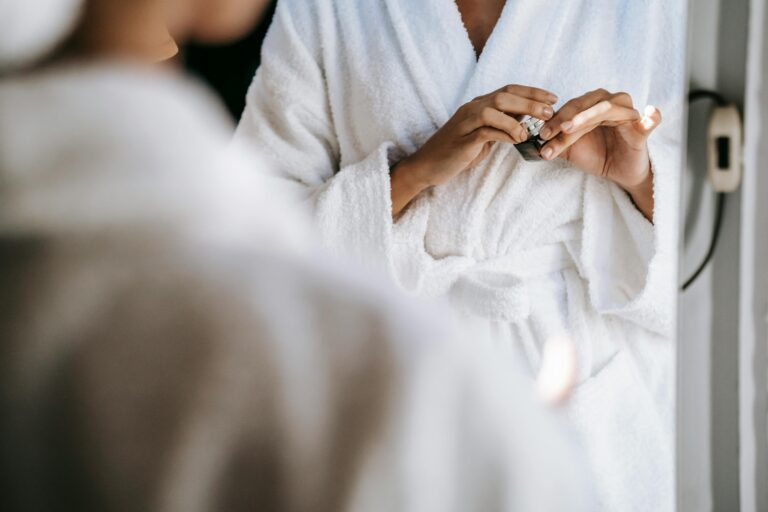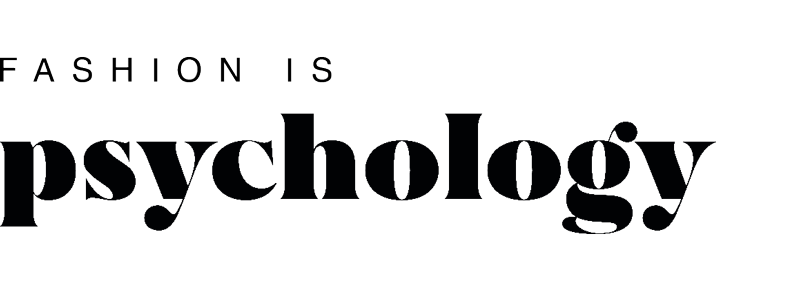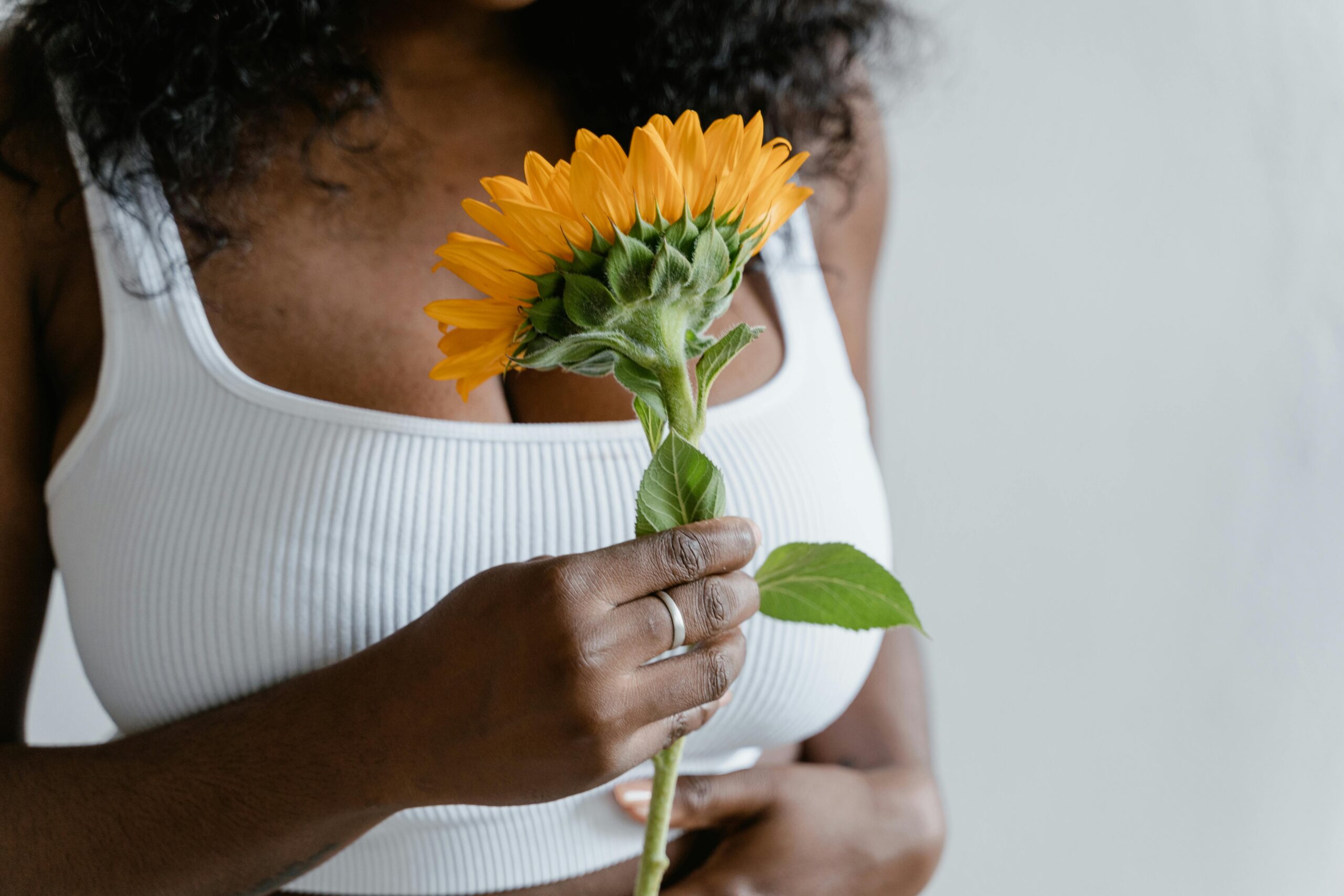*Disclaimer* This is a heavy Fashion Psychology topic discussing the mental health struggles amongst black women’s hair, so some of the stuff might be triggering for some right now! This is a special message to black women – “you are heard and seen <333”.
Depression can impact everyone differently, imagine having to think about your hair 24/7 from wash day to styling to when to book a hair appointment. A national study conducted by the California Black Women’s Health Project (2003) revealed that 60 percent of African American women experience symptoms of depression. They have to suffer in silence as stated depression symptoms come in various ways so the immense pressure they endure isn’t talked about.
Hair has always been the hot topic in starting a conversation why? Well, it’s the first thing you notice from someone, Fashion Psychology suggests it’s an unspoken language and a way of reclaiming one’s identity. Hair is seen as a powerful tool that can be either appreciated amongst the majority or othered.
Hairtopia
To be part of a world, that has already decided that your hair isn’t good enough can have a lot of psychological implications leading to low self-esteem. A lot of it has become internalised so trying to exist in that environment can lead to depression. Fashion Psychology notes that hair in some cultures is a defining beauty factor, but when you have all these obstacles stacked against you, you won’t feel that confident. Keeping up with appearances has been taken to a new level. Black women have to centre their hair around everything they do.
Unfortunately, these outdated institutions in the workplace have made it clear that black women’s hair isn’t deemed professional unless they are assimilating to western standards. Studies have shown that natural hairstyles are less likely to land job interviews than white women or Black women with straightened hair. The immense pressure can really impact mental health in ways a lot people wouldn’t understand.
Crowning Costs
Studies have shown that black women spend 9 times more on ethnic hair products than non-Black consumers. They are the biggest contributors to the haircare industry in terms of consumption, on top of that having to pay twice as much as their white counterparts. The rise of black-owned hair products and awareness to ‘curly’ hair has given these conglomerates the greed to exploit this community. The pressure is absolutely getting worsa. Having to think about your finances in these cozzy liv times can put a strain to someone’s mental health.
Having to deal with capitalism, racism, texturism etc can really affect your mood to an all time low, everyday thinking when you will next leave the house because your hair isn’t done, and maintaining that standard is draining.

This is a reminder that is the tip of the iceberg, as we delve deeper in this conversation, you start to understand the obstacles stacked against black women’s haircare. This is further heightened when their mental health declines…
Loving your Locks
But there is hope! The rise of black-owned haircare brands and the growing community awareness about natural hair is creating a new wave of support and acceptance. More Black women are embracing their natural hair, sharing their stories, and forming supportive networks. These positive changes are helping to reclaim the narrative around Black hair, fostering a sense of pride and reducing the stigma. Remember, your hair is your crown, and you have the power to redefine beauty standards.
Together, we can create a HAIRTOPIA where every Black woman feels confident and celebrated.
For more on this topic take a listen to Big Dress Energy, The Podcast S2 EP3: Your hair is your crown with Jameila Donaldson the founder & CEO of Treasure Tress.



